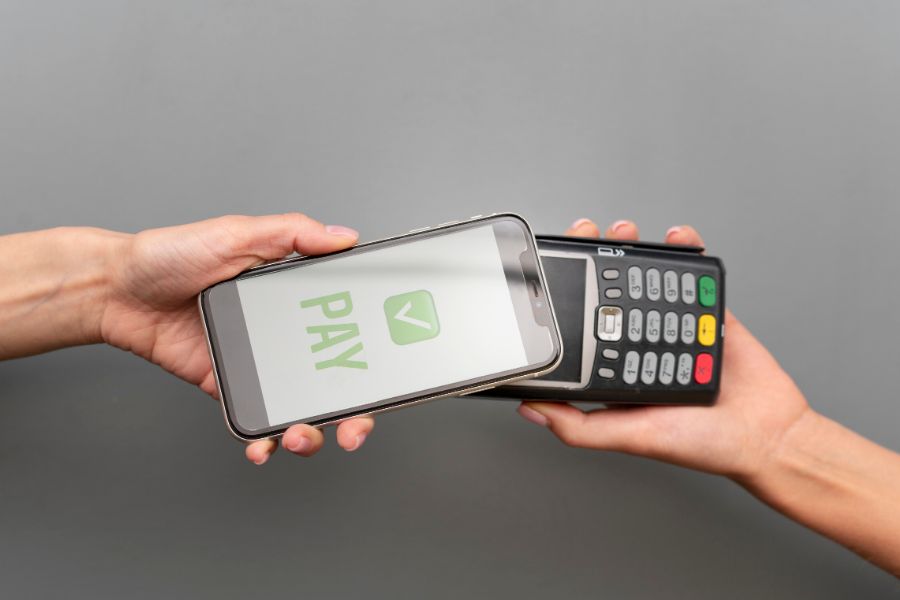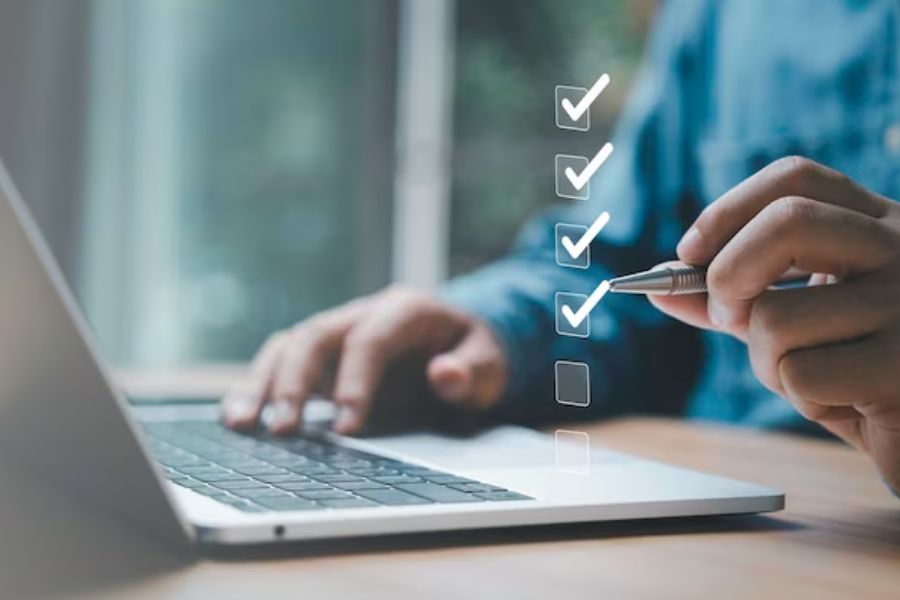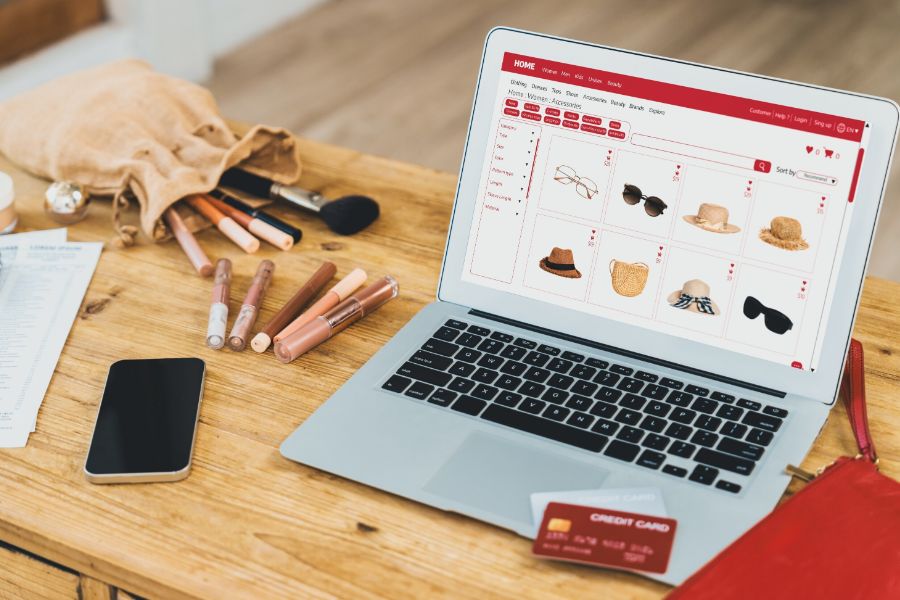With the latest developments of technology and the Internet, consumers’ shopping behaviors are gradually spreading from offline to online places. Research has shown that 59% of participants do online research before purchasing the best possible choice. In the UK, these patterns are not the exception, often referred to as an omnichannel experience. In this article, you will learn more about this model with the 3 most outstanding omnichannel business examples in the UK.
What is an omnichannel experience?
You might be more familiar with the multi-channel approach, which refers to the ability to shop on different platforms. Omnichannel experience can be understood as a multi-channel sales approach, plus more depth in the level of integration. Specifically, an omnichannel business allows customers to move seamlessly between different online and offline selling channels.
Examples of omnichannel shopping are when customers buy online and pick up in store, or real-time synchronization between the data in different locations.
By definition, the omnichannel experience might sound simple. However, in reality, businesses in the UK have implemented many creative ways to make the most out of this model. Here are some of the most successful examples in the UK:
Topshop
Topshop is a top fashion brand that is based in the UK offering on-trend clothes and fashion accessories for both men and women. Being one of the most well-known fashion brands in the UK, Topshop’s goal is to switch the shopping experience to the omnichannel model.
This strategy was built from the internal business operations to front-end customer service. Internally, Topshop prepared everything needed for the shift to the omnichannel experience, including synchronization between different store locations, click-and-collect, and free express delivery.
Beyond these basic requirements for an omnichannel experience, Topshop also provides an outstanding user experience with their Topshop On The Go App. With this app, customers can scan barcodes and get access to the information of a nearby store location.
Besides, they also displayed 6 billboards across different cities in the UK, which featured the Twitter account that used their hashtag #LFW. These billboards were placed within a 10-minute walk from a Topshop store. In these ways, this British brand combined the online channels seamlessly with the offline places, making the omnichannel shopping experience become more enjoyable.
Oasis
Oasis is another outstanding example of an omnichannel business in the UK. It is a fashion retailer that makes use of its website, mobile app, and physical stores.
The omnichannel model of Oasis focuses on fast and convenient service. In brick-and-mortar stores, Oasis staff are always equipped with an iPad which helps them to give customers on-the-spot product information. The iPad also serves as a mini register that makes the selling activities happen anywhere in the store. Additionally, when facing stockout, employees can immediately place an order for customers and request delivery to their addresses.
Regarding self-service, the Oasis app is available for users to download to their smartphones. Shopping in-store or online has become more convenient thanks to such omnichannel features.
Benefit Cosmetics
Despite originally coming from San Francisco, Benefits Cosmetics is a well-known beauty brand in the UK, owning 60% of the UK’s market share for brow products. Knowing this advantage, the brand decided to “hit the road” to promote its brow services. To impress customers with their omnichannel features, Benefits Cosmetics organized a BrowMobile tour and traveled thousands of miles to reward its competition winners with a VIP brow experience. In addition, there was also a beauty drive-thru named GlastonBrow that offered eyebrow waxes and samples to participants of a music festival.
This is a great example of omnichannel marketing, especially when beauty brands have been everywhere on the Internet. Without a doubt, it is difficult to remain bold in this increasingly saturated market. Bringing the brand closer to customers in real life like Benefits can form a connection with clients and increase the brand visibility.
Conclusion
The examples above are only a minimal number of successful omnichannel business examples in the UK. Many other businesses are finding ways to make a more outstanding omnichannel experience for customers. Needless to say, they are just “cherry on top”, and this type of campaign could not be sustainable without a solid system that supports their daily omnichannel experience.In the backend, a point-of-sale (POS) is a powerful tool for businesses to maintain selling across offline and online channels. If you are looking for one, consider ConnectPOS with its outstanding omnichannel features. Above all, we wish you the best with your omnichannel journey!
ConnectPOS is a all-in-one point of sale solution tailored to meet your eCommerce POS needs, streamline business operations, boost sales, and enhance customer experience in diverse industries. We offer custom POS with features, pricing, and plans to suit your unique business requirements.




